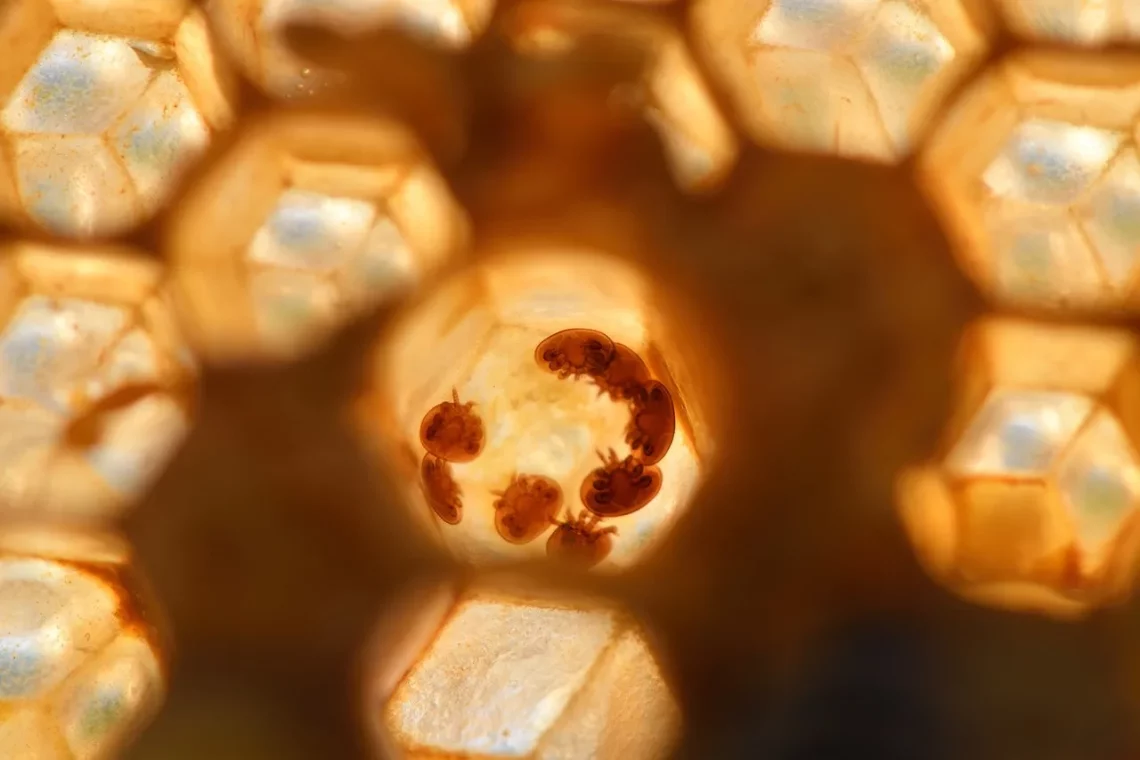
Effective Ways to Get Rid of Mites on Chickens Naturally
Maintaining a healthy flock of chickens is not only essential for their well-being but also for the overall productivity of your backyard farm. One of the most challenging issues that chicken owners face is the presence of mites. These tiny pests can cause significant distress to your birds, leading to various health problems, including feather loss, anemia, and even death if left untreated. Mites are particularly notorious for their ability to reproduce quickly, making it crucial for chicken keepers to be vigilant and proactive in their management strategies.
While commercial treatments are available, many chicken owners prefer to explore natural methods for mite control. Not only are these methods often safer for both the birds and the environment, but they can also be more cost-effective. Understanding the behavior and life cycle of mites is vital for implementing effective solutions. By creating a clean and healthy living environment, utilizing natural remedies, and fostering a robust immune system in your chickens, you can significantly reduce the risk of mite infestations. In this article, we will delve into various natural methods to combat these pests, ensuring that your flock remains healthy and thriving.
Creating a Clean Living Environment
One of the most effective ways to prevent mite infestations in chickens is to maintain a clean living environment. Regular cleaning of coops and nesting areas is essential, as mites thrive in dirty and cluttered spaces. Start by removing all bedding materials, such as straw or wood shavings, and giving the coop a thorough scrub. Pay attention to crevices and hidden corners where mites may hide.
After cleaning, consider using natural disinfectants such as vinegar or essential oils like tea tree oil, which have antimicrobial properties. A diluted mixture of vinegar and water can help eliminate any remaining mites and their eggs. Additionally, replacing bedding regularly and ensuring proper ventilation in the coop will help reduce humidity and create an inhospitable environment for mites.
Another important aspect of a clean environment is managing the outdoor space where your chickens roam. Regularly rotating their grazing areas can help prevent the build-up of pests and diseases. If possible, allow your chickens to forage in different locations to break the lifecycle of mites. This practice not only keeps your flock healthier but also promotes natural foraging behaviors.
Incorporating dust bathing areas is also beneficial for your chickens. Dust baths help them maintain feather health while naturally controlling external parasites, including mites. You can create a designated dust bathing area using a mixture of diatomaceous earth, wood ash, and sand. This combination not only provides a good bathing medium but also has natural insecticidal properties that can help keep mite populations in check.
Utilizing Natural Remedies
Natural remedies can be an effective way to combat mite infestations without resorting to harsh chemicals. Various herbs and substances have been traditionally used to repel or eliminate mites in chickens. One such remedy is using diatomaceous earth (DE). This fine powder, made from fossilized algae, is safe for chickens when used properly. Sprinkling food-grade diatomaceous earth in the coop and nesting boxes can help dehydrate and kill mites upon contact.
Another popular natural remedy is the use of essential oils. Certain oils, including lavender, peppermint, and eucalyptus, are known for their pest-repellent properties. Create a diluted spray using these essential oils mixed with water and a small amount of soap. Applying this mixture to the coop and on the chickens themselves can help deter mites while also providing a pleasant aroma.
Garlic is another natural ingredient that can aid in mite control. Adding crushed garlic to your chickens’ feed or water can help boost their immune systems and make them less appealing to mites. Additionally, garlic has antifungal and antibacterial properties that can contribute to overall flock health.
Furthermore, herbal remedies such as rosemary, thyme, and oregano can be included in your chickens’ diet or scattered in their living areas. These herbs not only provide health benefits but also possess natural insect-repellent properties. Regularly incorporating these herbs into your chickens’ diet can enhance their resistance to pests and improve their overall well-being.
Strengthening the Immune System of Your Flock
A strong immune system is crucial for chickens to fend off pests and diseases, including mites. Providing a balanced diet rich in nutrients is the foundation for maintaining optimal health. Ensure that your chickens have access to high-quality feed that meets their nutritional needs. Supplementing their diet with fresh fruits, vegetables, and proteins can enhance their overall health and resilience.
Probiotics are another valuable addition to your chickens’ diet. These beneficial bacteria help maintain gut health, which is essential for a robust immune response. You can find probiotic supplements specifically designed for poultry or offer fermented foods, such as yogurt or fermented grains, to your flock.
Regular health checks and monitoring for signs of stress or illness are also vital. Noticing changes in behavior, feather condition, or appetite can help you identify potential issues before they escalate. Stressful environments can weaken your chickens’ immune systems, making them more susceptible to mite infestations.
Incorporating natural supplements, such as apple cider vinegar, into their water can also bolster their immune systems. Apple cider vinegar has been known to improve digestion and help keep pathogens at bay. Just ensure that you dilute it properly to avoid any adverse effects.
Finally, providing a comfortable living space with adequate space for each chicken can reduce stress levels. Overcrowding can lead to increased competition and stress, making your flock more vulnerable to infestations. Aim to offer enough space for each bird to roam freely, engage in natural behaviors, and maintain their health.
Monitoring and Regular Health Checks
Regular monitoring of your flock is essential in catching any signs of mite infestations early. Keeping a close eye on your chickens’ behavior, feather condition, and overall appearance can help you identify potential issues before they become severe. Signs of a mite problem may include excessive preening, feather loss, and skin irritation. If you notice these symptoms, it’s crucial to take immediate action.
Conducting regular health checks involves examining your chickens for any visible signs of mites or other health issues. Pay special attention to areas where mites tend to congregate, such as around the vent, under the wings, and along the back. Gently parting the feathers can help you spot any skin irritation or the presence of mites.
In addition to physical checks, maintaining a detailed flock health record can assist in tracking any changes over time. Documenting health issues, treatments, and observations will help you make informed decisions about your flock’s care. This proactive approach can also aid in identifying patterns or recurring issues that may require further intervention.
Moreover, engaging with other chicken keepers or joining local poultry groups can provide valuable insights and support. Sharing experiences and tips can help you stay informed about effective mite control methods and enhance your overall flock management practices.
By implementing a combination of cleanliness, natural remedies, and a focus on health, you can effectively manage mite populations and keep your chickens thriving. Remember that the health of your flock is an ongoing commitment, and being proactive in your approach will yield the best results.
**Disclaimer**: This article is for informational purposes only and does not constitute medical advice. For any health concerns regarding your chickens, please consult a veterinarian or poultry health expert.




